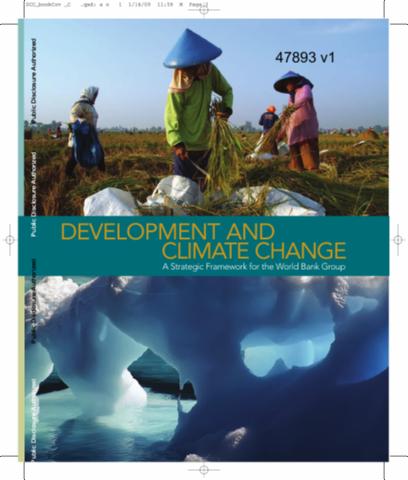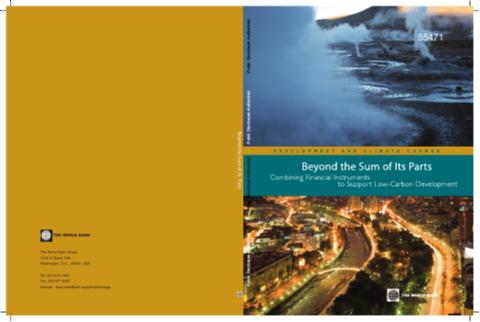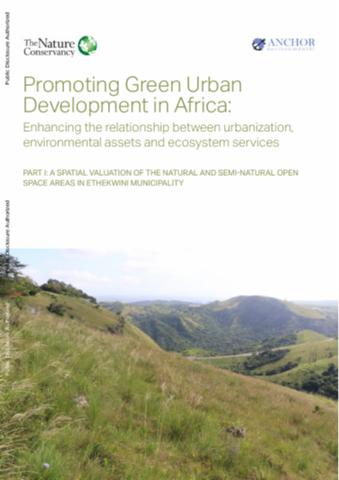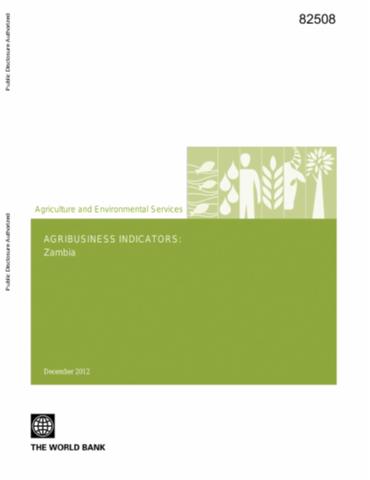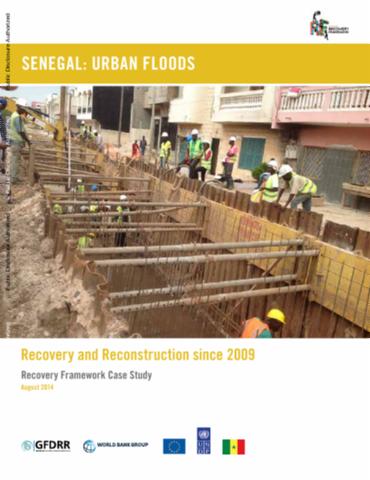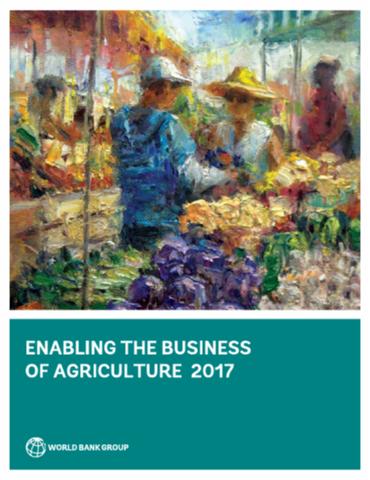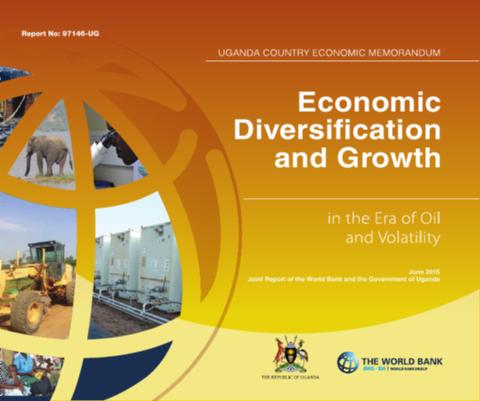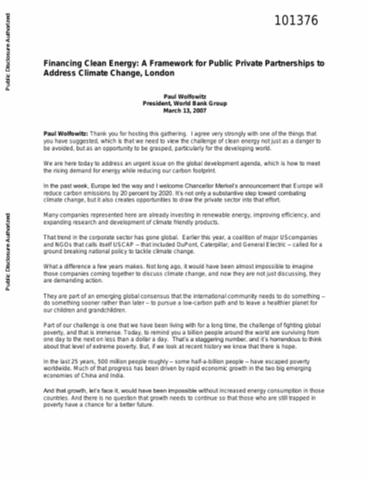Property Rights in a Very Poor Country: Tenure Insecurity and Investment in Ethiopia
This article provides evidence from one of the poorest countries in the world that the institutions of property rights matter for efficiency, investment, and growth. With all land state-owned, the threat of land redistribution never appears far off the agenda. Land rental and leasing have been made legal, but transfer rights remain restricted and the perception of continuing tenure insecurity remains quite strong. Using a unique panel data set, this study investigates whether transfer rights and implied tenure insecurity affect household investment decisions, focusing on trees and shrubs.


